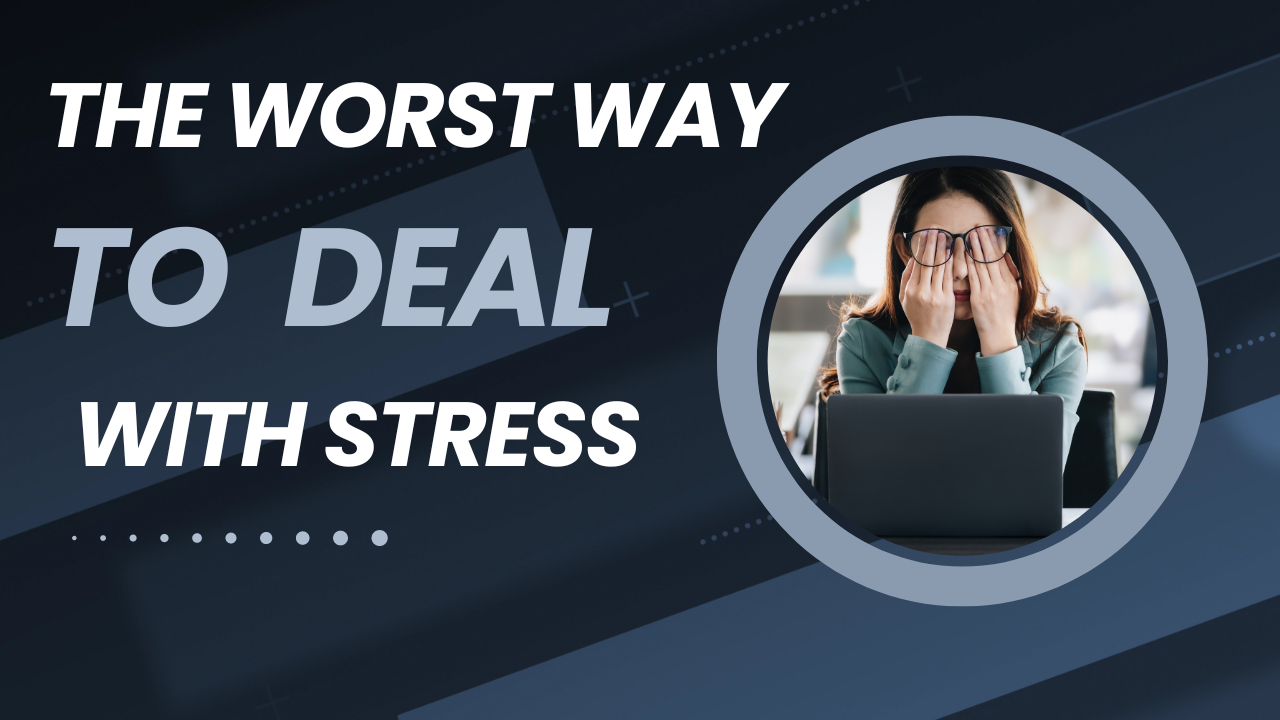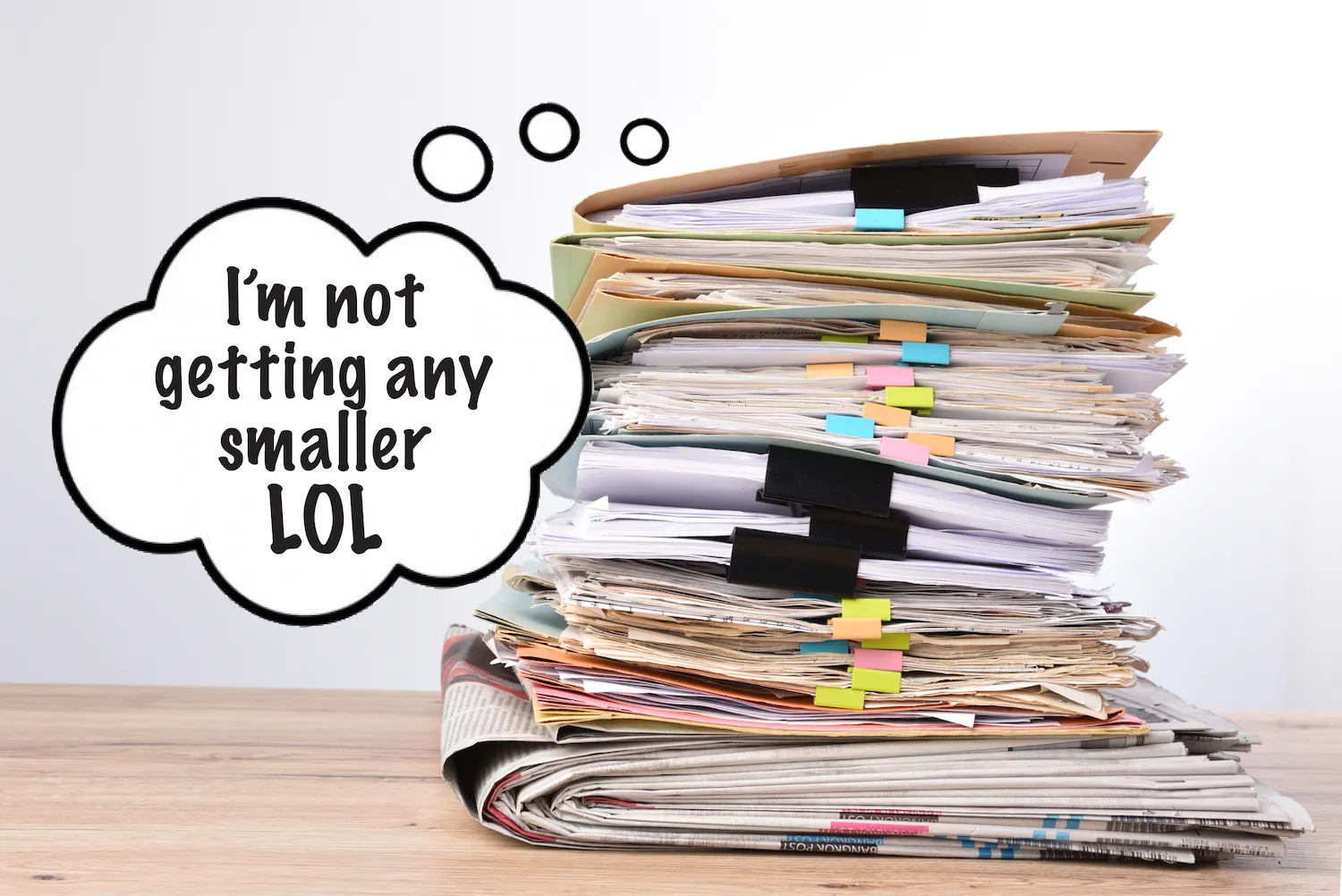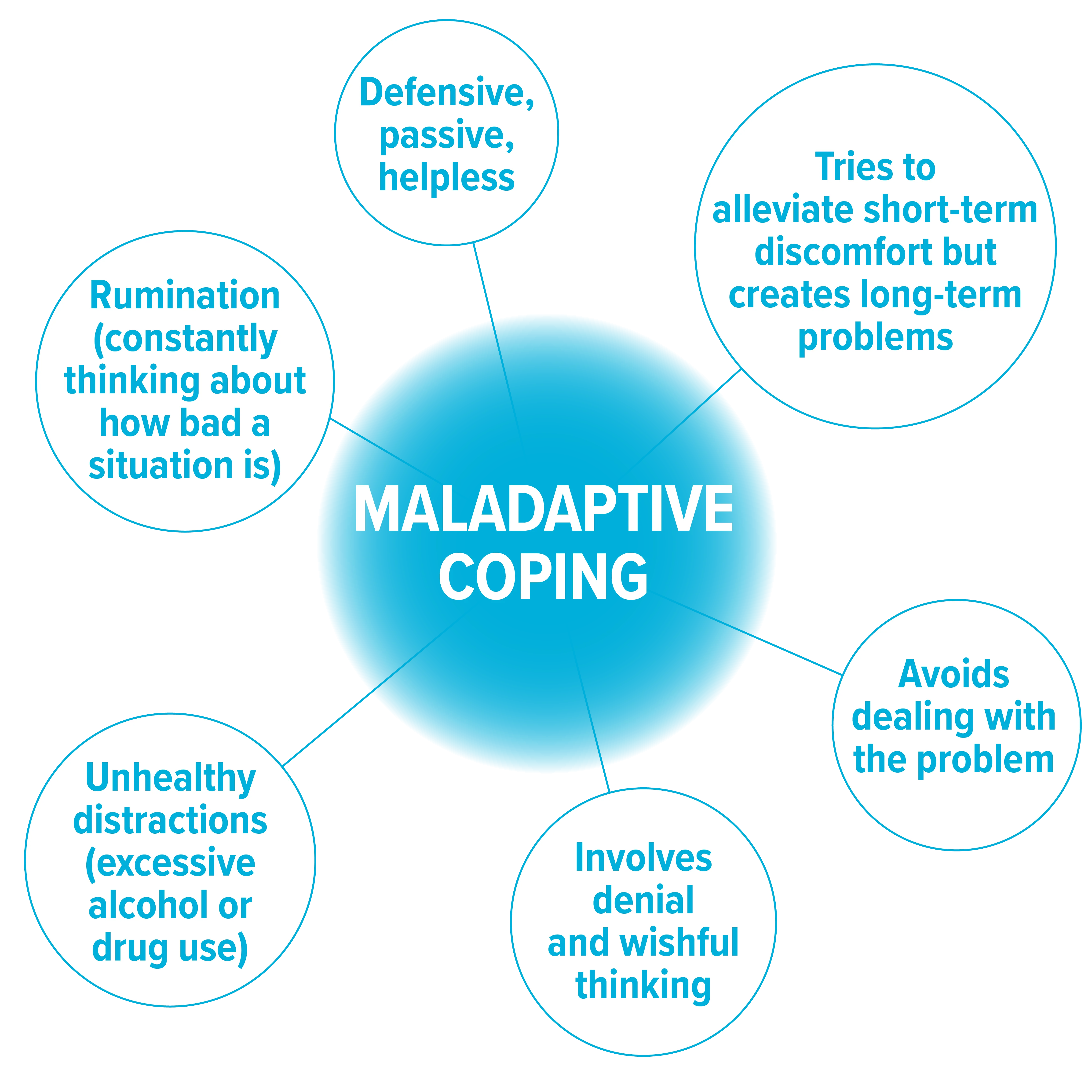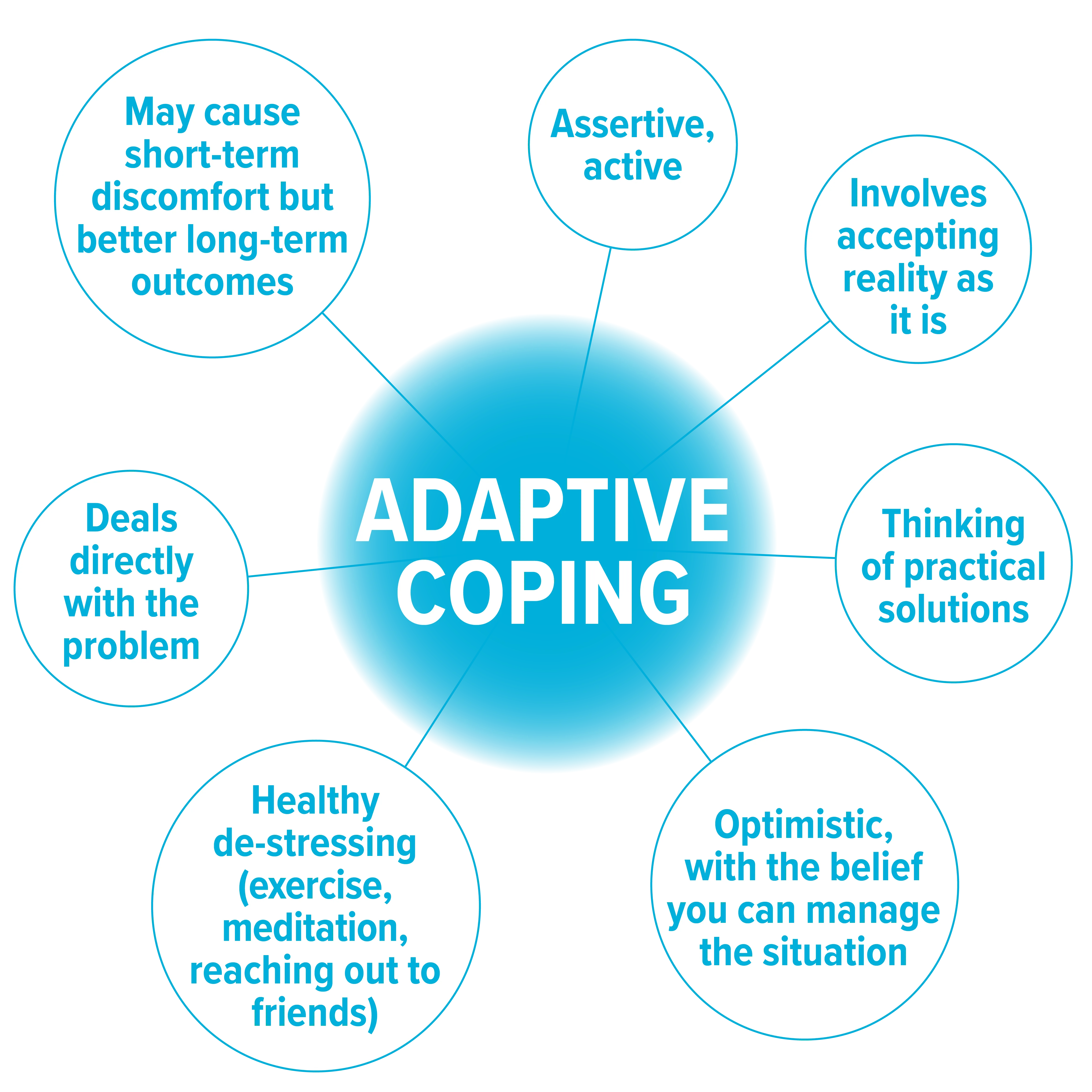The worst way to deal with stress

Why Stress Is Always Badgering You (and How to Make It Stop)
It turns out that a 19th Century horror story offers a helpful lesson on how to deal with stress.
Or, more accurately, how NOT to deal with stress.
Fair warning, though: It's a little twisted.
(Okay, a lot twisted.)
In 1843, writer Edgar Allan Poe published "The Tell-Tale Heart."

In brief, it involves a narrator who kills someone, dismembers his body, and hides it under the floorboards of a house.
Then the narrator tries to go about his business as if nothing had happened.
But… he can't get rid of the sound of the dead victim's heartbeat, which is growing louder and louder.
It's always there.
Thump thump, THUMP, THUMP.
In the end, he goes mad and confesses to the crime.
This is an extreme example (and thankfully, fictional)—but the problems and stressors we avoid in our lives work like this too.
They don't go away.
They lurk in the back of our minds and often grow more precisely because we haven't dealt with them.
For example, let's imagine you're stressed out by having to do your taxes.
You've got stacks of receipts, tons of account statements, and documents everywhere.
It's a mess.
First of all, you hate numbers and paperwork.
On top of that, you lost your accountant's phone number and are worried you might owe money back that you don't have right now.
So, to avoid the stress of going through everything, you push the pile of paper to one corner of your desk for another day.
And, it just lays there, staring at you, judging and nagging you.
You get more and more anxious. The task seems to get bigger, scarier, and more daunting each time you think about it.

Yet you keep putting off doing it because now it's genuinely frightening.
(There's that heartbeat again, getting louder, louder, and LOUDER.)
Sound familiar?
It doesn't matter what it is—taxes, the kitchen that needs cleaning, the icky conversation you have with a family member, or getting your car in for regular maintenance—the longer you put something off, the worse it gets.
Avoiding stress creates more stress in the long run.
If you feel that stress is wrong and to be avoided, then you're more likely to choose "maladaptive" coping mechanisms and ignore your problems—rather than deal with them.
These kinds of coping mechanisms are ineffective, unhelpful, and unproductive.
Here's a checklist that can help you identify them.

The weight of your unresolved issues creates a constantly growing burden of anxiety.
This can leave you feeling stuck and emotionally drained.
That's why practicing "adaptive" coping strategies and learning to tackle issues head-on is crucial.
Adaptive coping mechanisms are practical, helpful, and productive.

You still have to deal with some stress—it's unavoidable. But you can resolve issues more quickly and successfully with adaptive coping mechanisms.
This leaves you able to move on from a particular stressor—and frees up your energy to be used elsewhere.
What to do next
Ask yourself :
In what situation might you be using a maladaptive coping mechanism?
In that same situation, what might an adaptive coping mechanism look like?
Then try modifying your thinking, behaviors, and actions to be more… adaptive.
It takes practice, but it's one way you can start to take control of stress—instead of constantly feeling like anxiety is controlling you.
If you want to gain a deeper understanding of how stress impacts everything from eating behaviors to emotional health to work productivity—along with highly-effective strategies for coping better—check out our RSS Program. (The next session opens soon.)
Until next time,
Dt. Mohit Mittal
(BFND, B.TECH, DDHN, NSQF-4, YCB-3, SSY-1, PT- REPS INDIA)
